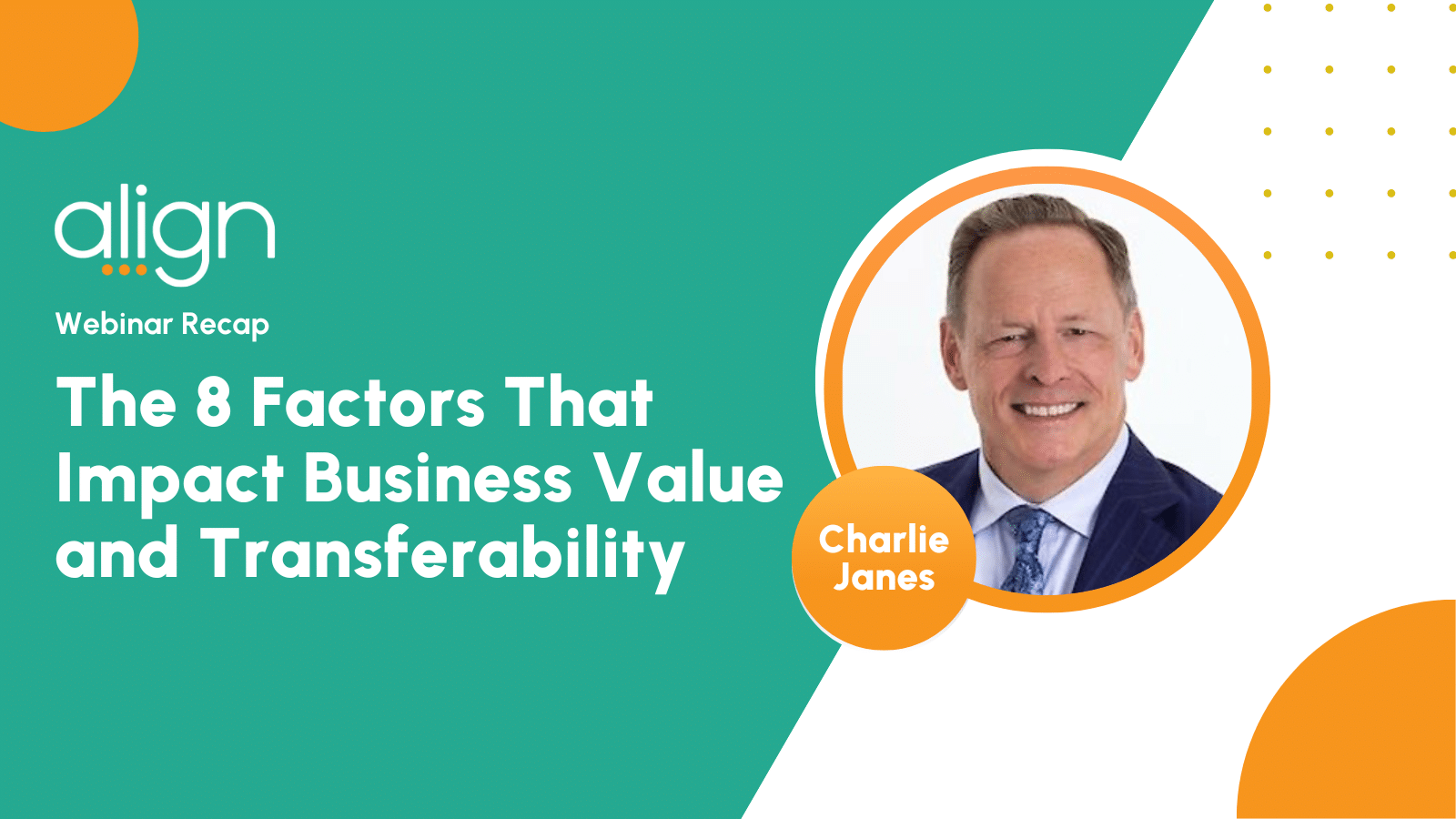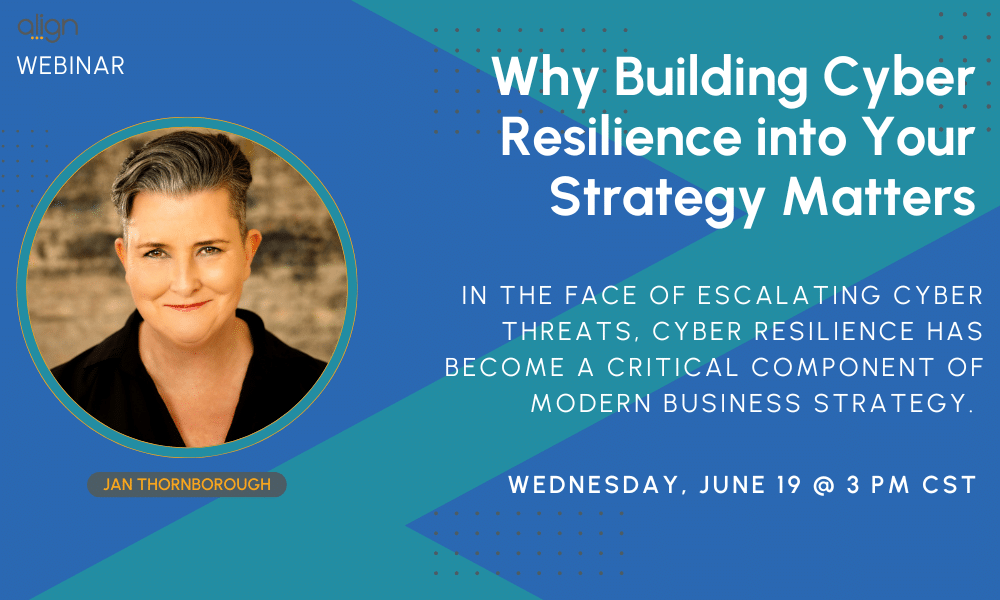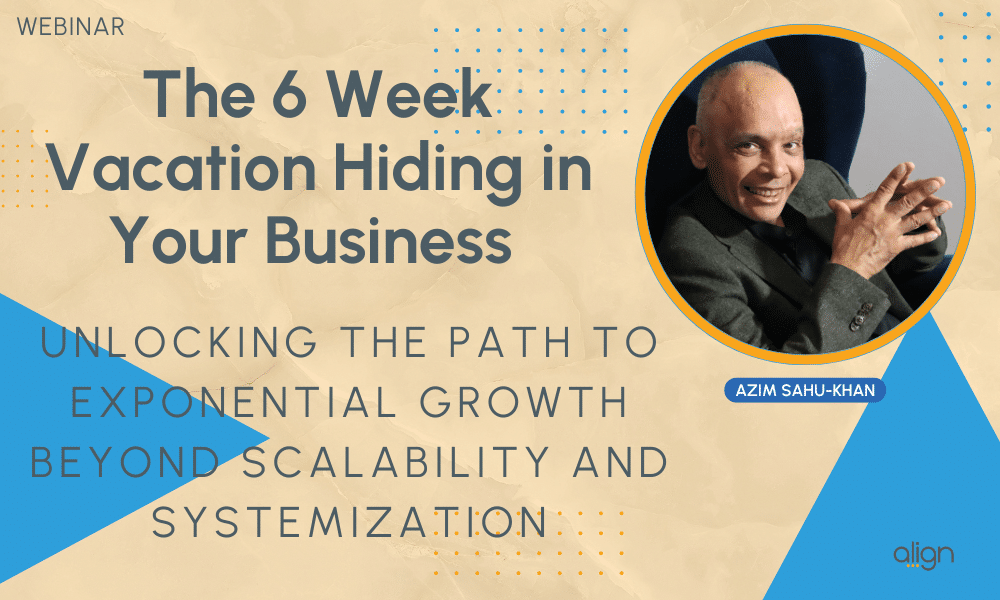Webinar Recap: The 8 Factors that Impact Business Value and Transferability
Charlie Janes, CEO of Agile Customer Engagement and Certified Business Coach, led a webinar outlining the factors that impact business value and transferability.
Exiting is on every business leader’s mind during the growth stage, but only 20% of businesses put up for sale actually end up selling. Building a company to ultimately sell it presents a unique set of challenges, but there are eight key factors that all business owners must consider on their scaling up journey.
The 8 Factors
- Financial performance – History of producing revenue and profit combined with the professionalism of your record keeping
- Growth potential – The likelihood that your business will continue to grow in the future and at what rate
- Switzerland structure – How dependent your business is on any one employee, customer, or supplier (Ideally, no customer should make up for over 15% of your total income stream)
- Valuation Teeter-Totter – Whether you are a cash suck or cash generator
- Recurring revenue – The proportion and quality of automatic, annuity-based revenue you collect each month
- Monopoly control – How well differentiated your business is from competitors in your industry (Focus on doing fewer services for more customers instead of many services for a few customers)
- Customer satisfaction – The likelihood your customers will repurchase and refer you
- Hub & spoke – How your business would perform if you were unexpectedly unable to work for three months
Leaders can increase business value by factoring the above eight measures into their decisions, but they must also remember the importance of updated accounting to ensure earnings can be justified.
Planning for the future is all about the actions you take today. However, understanding these factors is not enough. In order to use them to scale with purpose, business leaders must embody a particular kind of growth mindset.
Manager’s Mindset vs. Owner’s Mindset
Charlie defines the Manager’s Mindset as the thoughts, actions, and motivations that managers are taught to have when working in the business. Having an owner’s mindset, on the other hand, embodies a broader set of ingredients and a bigger purpose for what the business fulfills. According to Charlie, mastering an owner’s mindset comes down to four key intangible capital groups:
- Human capital – Quality and orientation of people
- Customer capital – Relationships with Customers
- Structural capital – Intellectual property, processes, and automation
- Social capital – Reputation with customers and employees
Defining Value and Using It to the Fullest
Charlie explains the formula for determining value and how the multiple factors above can generate more profit when used correctly. One of the key metrics Charlie says every business looking to scale should track is the Net Promoter Score (NPS).
Created by Fred Reicheld, NPS is a standard benchmark that measures how likely customers are to continue doing business with a company or to refer the company to someone else. The score is calculated based on the number of promoters (those responding with scores of 9 or 10) and detractors (those responding with scores of 6 or less) in the survey responses. A high NPS is an indicator of customer satisfaction, which is essential for a company’s growth potential and social capital. A good reputation with customers and employees is valuable to attract buyers and command a premium price for the business.
When it comes to selling a business, owners should consider more than just revenue and industry. They can take steps while growing to help prepare for when it’s time to exit. The potential for complementary products, services, or expertise could significantly increase a company’s value and therefore affect transferability. Moreover, by maximizing assets that boost recurring revenue streams and long-term stability, leaders can successfully turn their businesses into legacy-leaving profit generators that may ultimately sell for higher multiples.
To learn how software like Align can help you manage the multiple moving parts of scaling, book your demo today.





